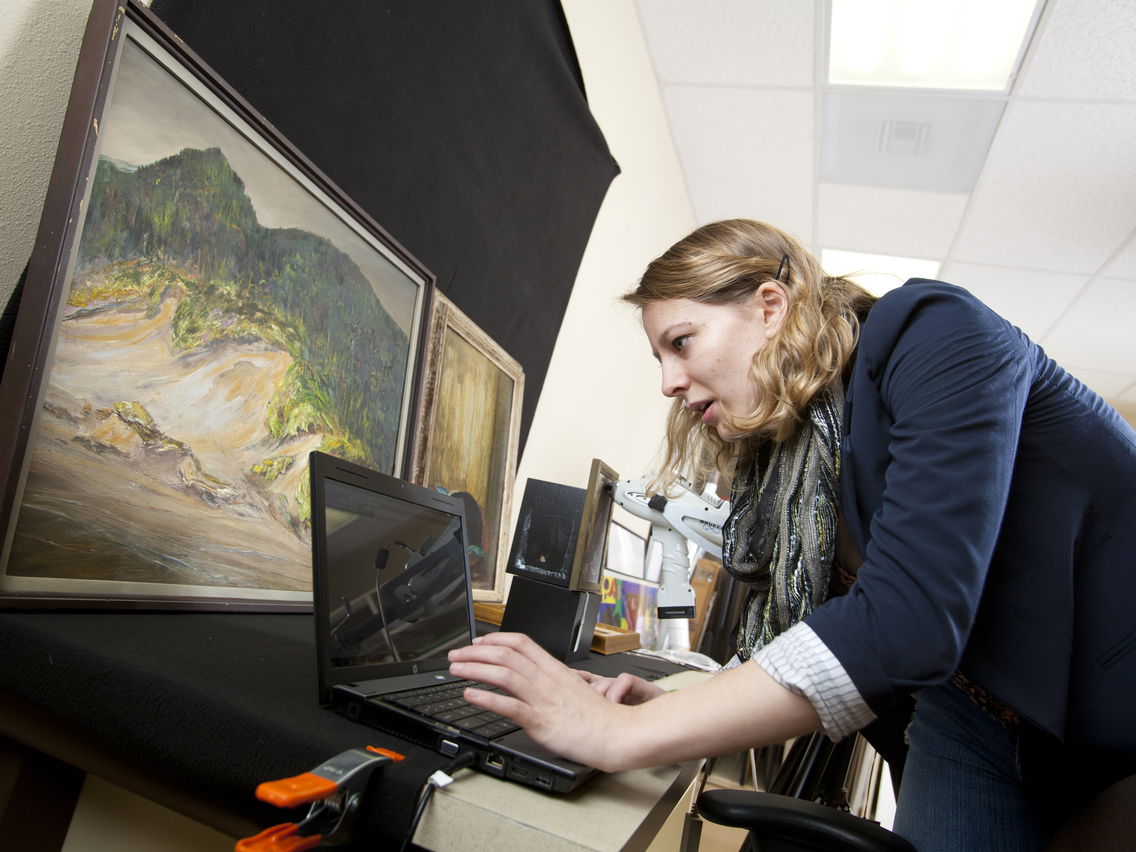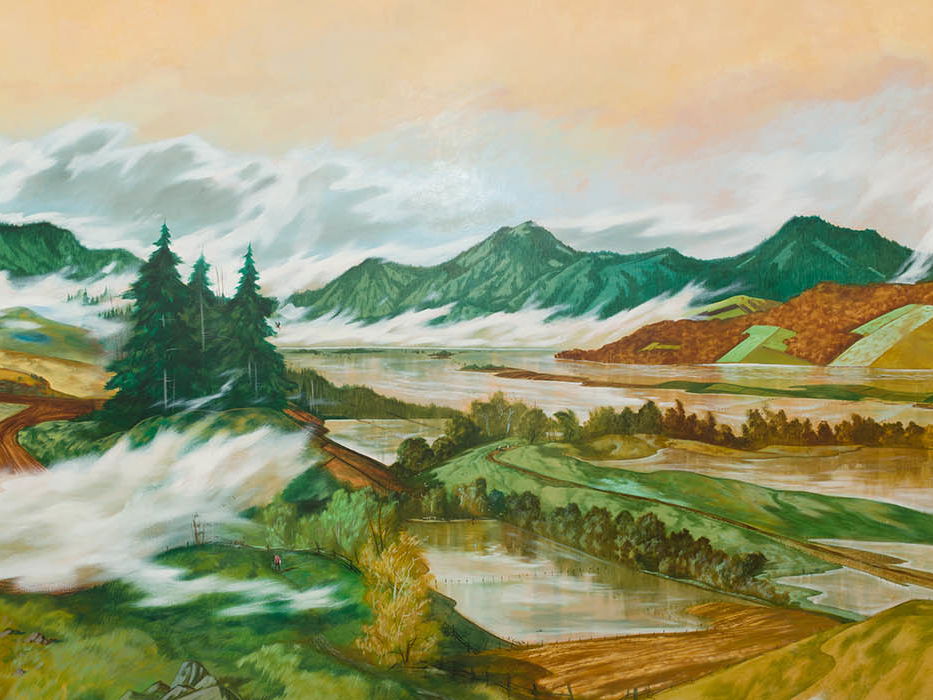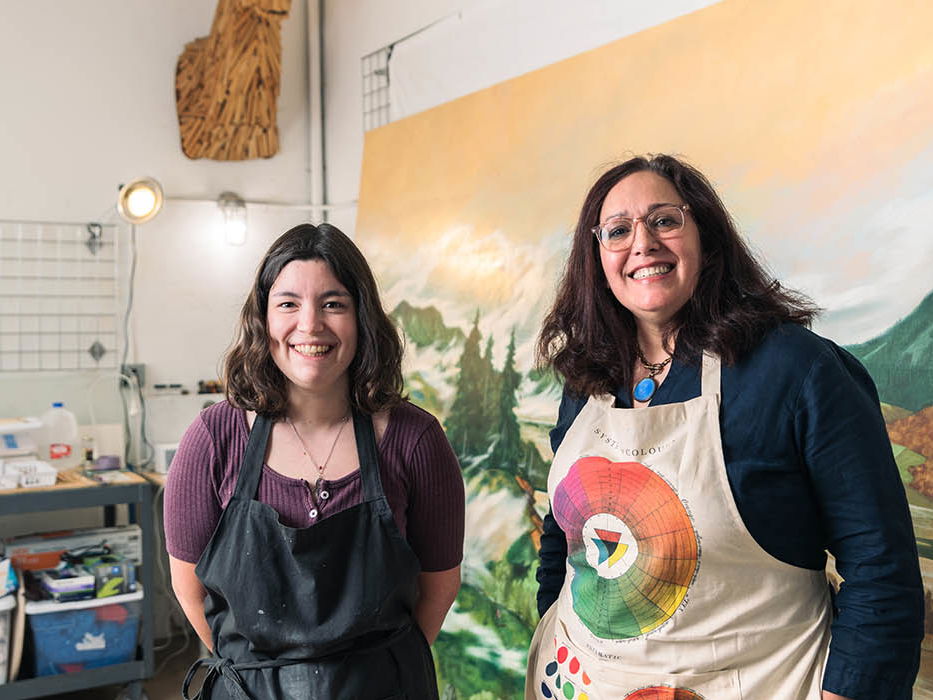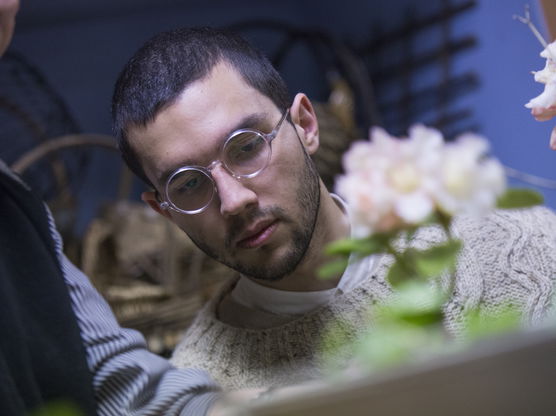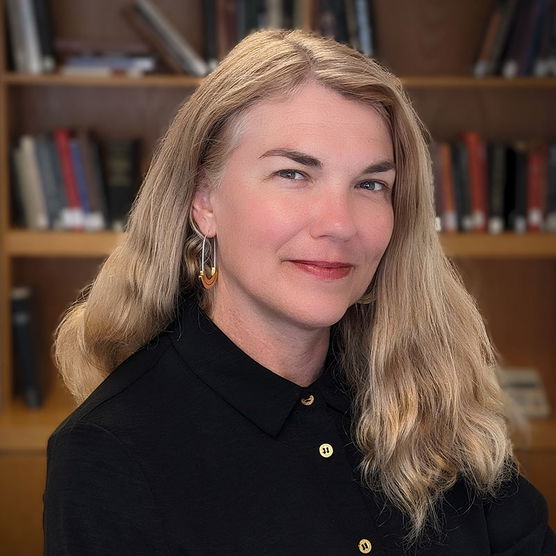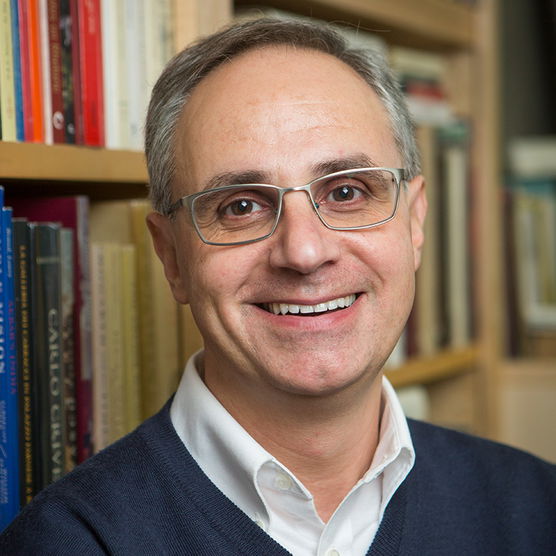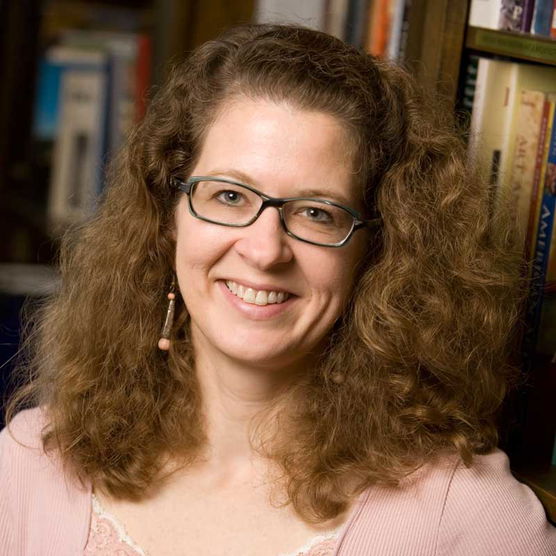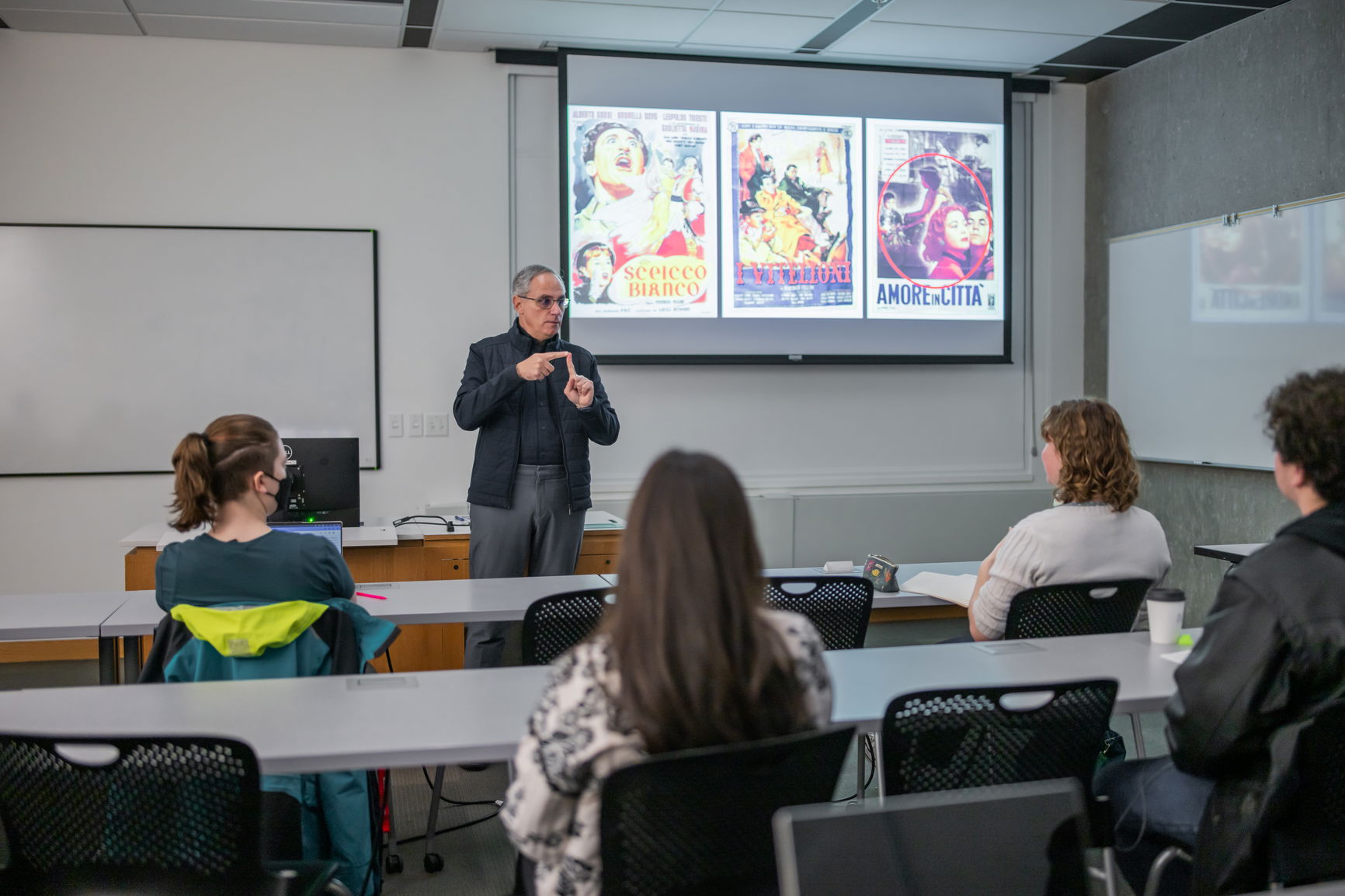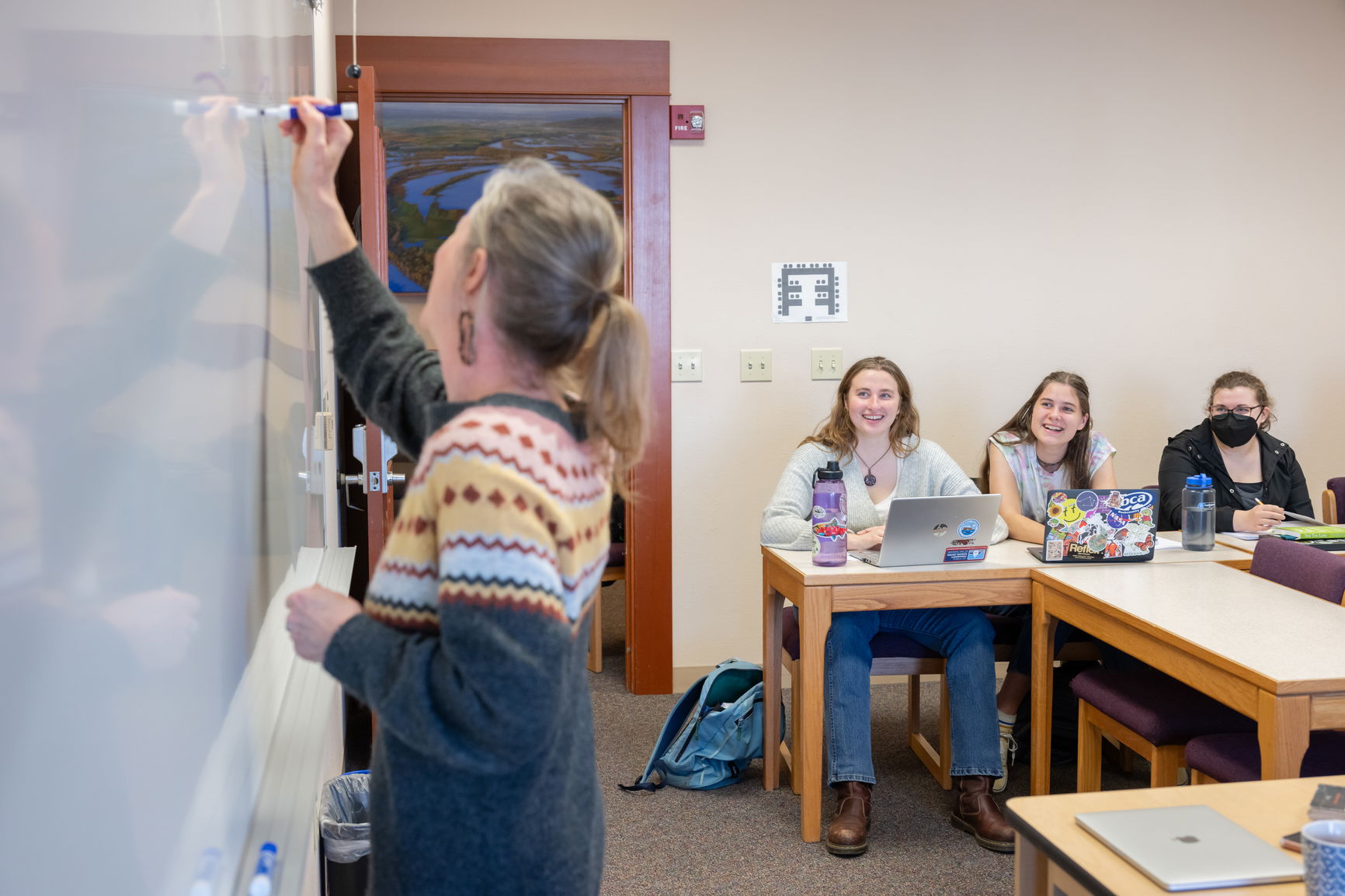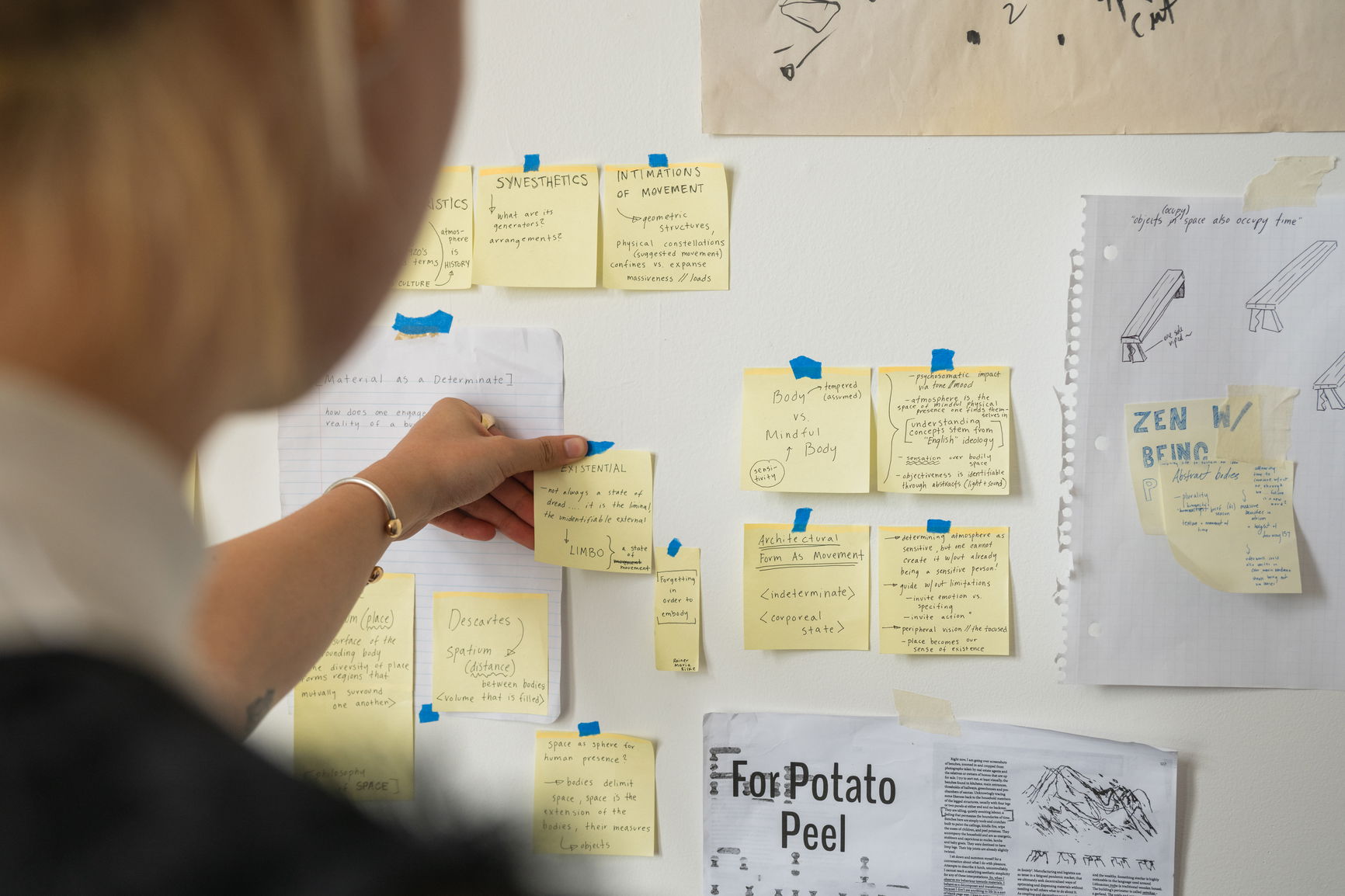
Internships
- Bush House Museum
- Crystal Bridges Museum
- Cultural Heritage Agency of the Netherlands
- Deepwood Museum & Gardens
- Denver Art Museum
- Hallie Ford Museum of Art
- Museum of Contemporary Art San Diego
- Rijksmuseum
- Salem Art Association
- Salem on the Edge
- San Francisco MoMA
- Van Gogh Museum
- Zymoglyphic Museum
